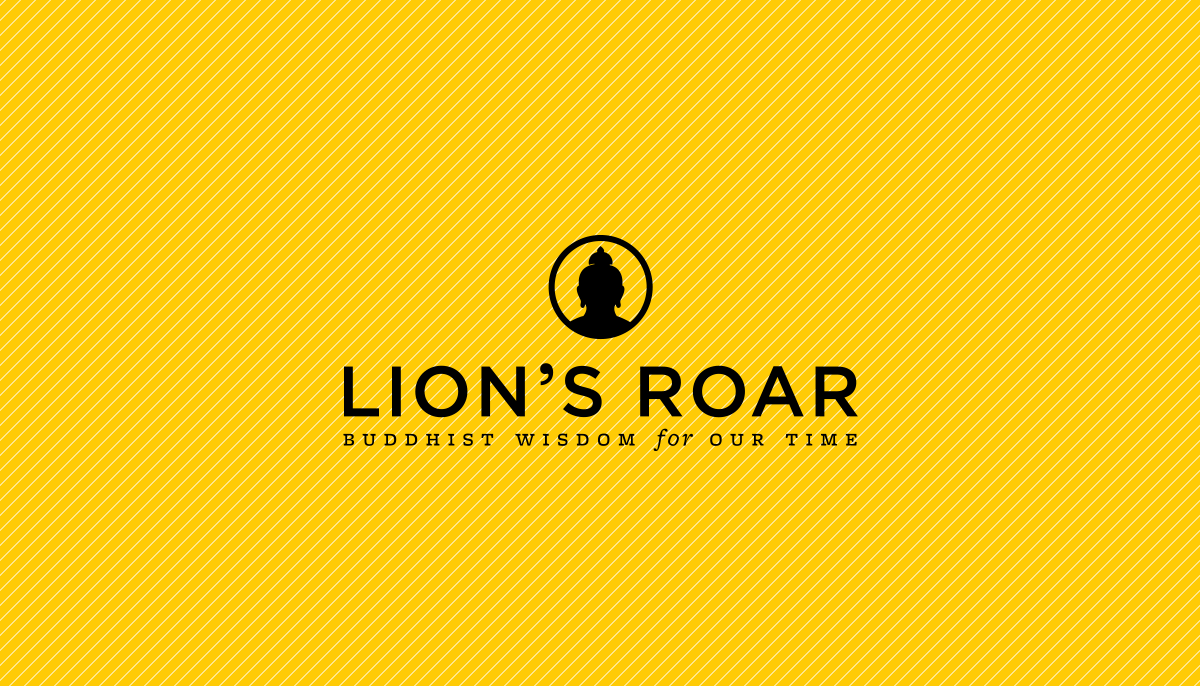In August 1995, I was diagnosed with acute myeloid leukemia and given just weeks to live. Over the next year I was close to death many times. I had months of chemotherapy, radiation, surgery, and many other invasive and painful procedures. In February 1996 I underwent a bone marrow transplant.
My diagnosis was completely unexpected. I had visited my doctor because of some swelling in my hands and feet that I suspected was an allergic reaction to something I had ingested. Within days I was unconscious, on a respirator, in intensive care. My family, friends and Zen teacher were taking turns saying goodbye.
After being unconscious for many days, I awoke in ICU to find myself surrounded by machines that monitored my heart rate, blood pressure, blood oxygen levels and other vital signs. There were nine tubes going into my body administering chemotherapy drugs, antibiotics, blood products and other medications. I was terribly thirsty and too weak even to lift my arms off the bed. It was days before I was allowed a drink, weeks before I could climb into a wheelchair, and many weeks again before I could walk on my own.
With serious illness the different masks we hide behind dissolve and we are quickly striped naked for all to see. In just a few short weeks all that I identified with as my “self”’ evaporated along with my cherished health. Decades of eating well, exercising, doing yoga and daily meditation—everything was gone. My good reputation at the company I worked for meant nothing. There I lay, very thin, unable even to sit up in bed. I had no guarantee of a future, my past identity had been eradicated, and the present was demanding one hundred percent of my attention.
However grim that sounds, I was now free: free from attachments to ideas of who and what I was or should be.
There is a reason the Buddha’s First Noble Truth is an acknowledgement of life’s inability to bring us lasting peace and happiness. Until we investigate this teaching fully, realize it, accept and embrace it, we are unable (or unwilling) to open our hearts to the way beyond suffering.
One night after hearing my chances of survival were still slim, I became discouraged and began to experience a downward emotional spiral, one I knew would lead to greater emotional turmoil, overwhelming mental confusion and serious depression. The more I identified with my experience the more I suffered. This taught me a great deal about the Second and Third Noble Truths, that is, our suffering arises directly out of our clinging to transient formations of consciousness.
When seriously ill we not only have to deal with terrible suffering but also with our dissatisfaction with what “I” am experiencing. For me the way beyond suffering, or at least a way to find peace in the midst of suffering, was to practice introspection. A thorough investigation into this suffering “self” brought relief and insight even during the most difficult of times.
I believe all illness comes to us with a teaching. It was helpful for me to view my illness as a period of intense transition, a letting go of seeds planted long ago. In this way illness, like birth, while painful, is filled with potential and a sense of renewal. Experiencing illness without blame or resentment allows us to accept the unraveling of old karmic knots without creating more negativity in our lives. Serious illness also offers us an unequaled opportunity to experience the deep peace that accompanies relinquishment. Most of us find it easier to let go of unpleasant experiences than the more pleasant ones.
I am often asked if I think my Buddhist practice helped cure me. Well, yes and no. I do not think meditation can cure cancer. However, it can certainly help us deal with the emotional turmoil, mental confusion and negative mind states that arise. With these out of the way, I’ve found healing has more room to take place.
When I despair I remind myself that the First Noble Truth, “In life there is suffering,” only introduces the Buddha’s teaching. The cessation of suffering and the path that leads beyond suffering complete his message of hope. My illness has left me with a deep sense of gratitude. Gratitude for life, gratitude for the support of my family, friends and Zen teacher. But most of all, gratitude for having found the dharma in this life and for having taken a decisive step onto the path that leads to lasting peace.

